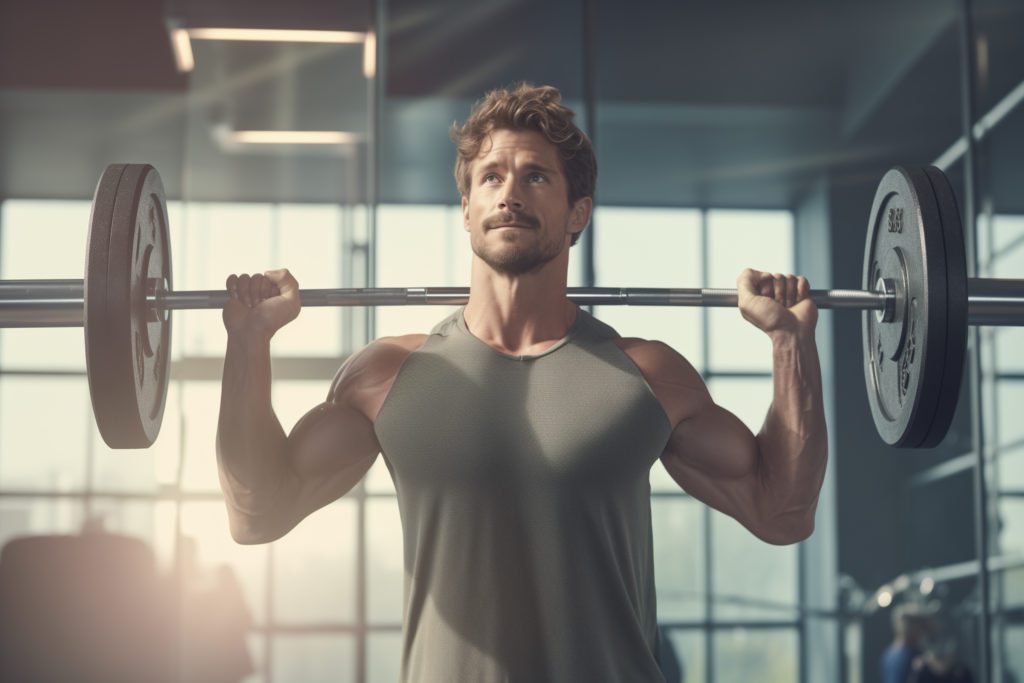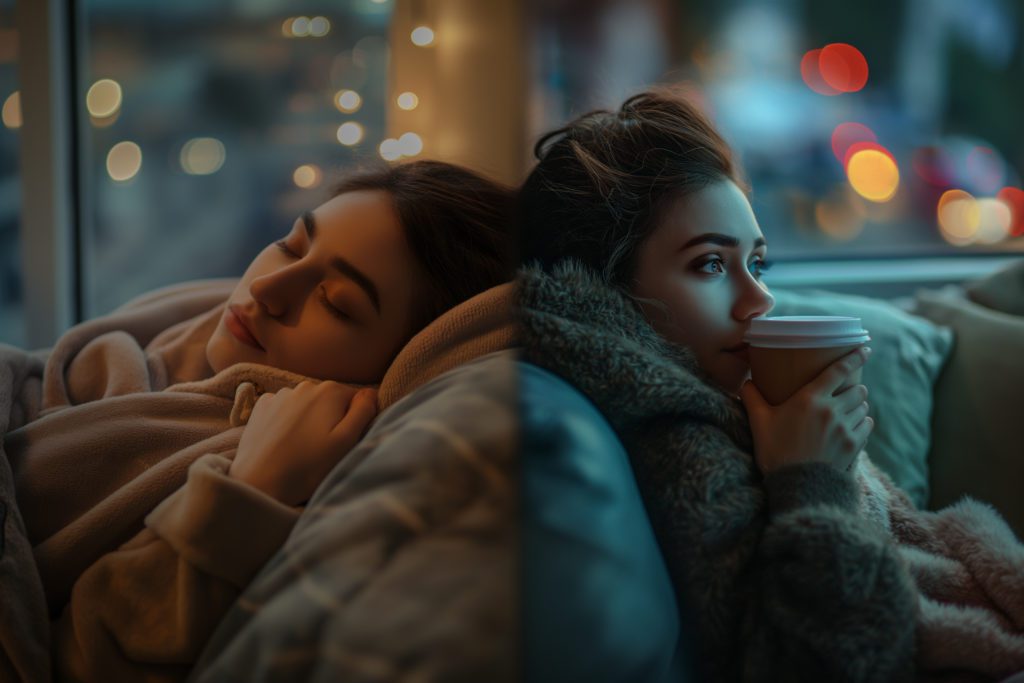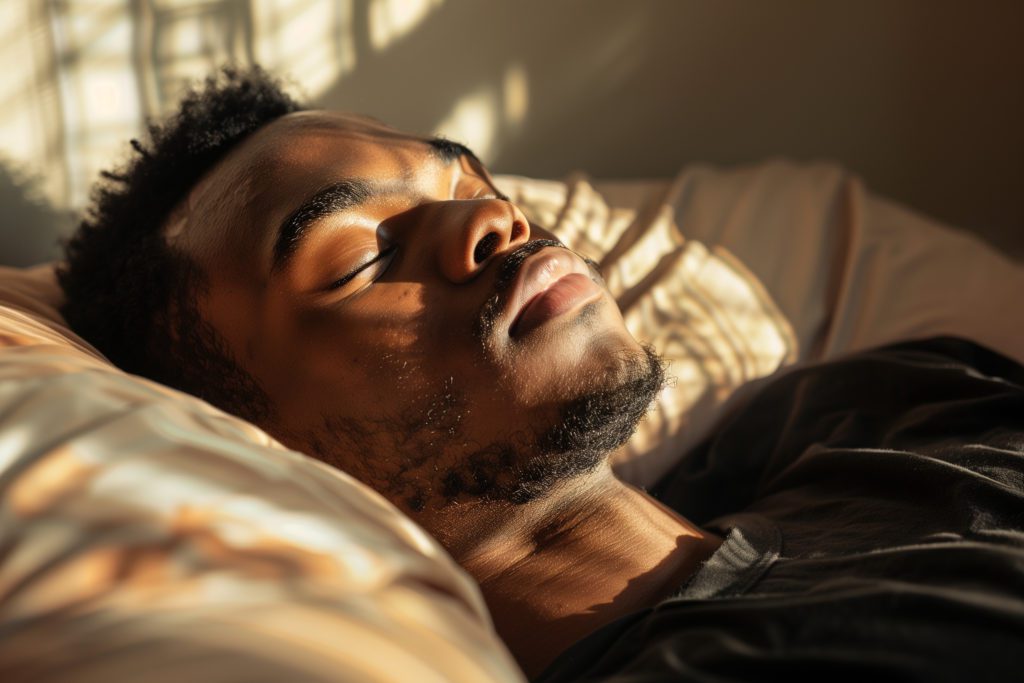
Workout Timing: Finding the Best Time to Exercise for Optimal Sleep
Exercise has many benefits on sleep. However, workout timing is important. It’s vital to exercise at the right times. Both morning workouts and evening workouts have advantages.

Do you prefer to exercise first thing in the morning? Perhaps you feel that a nighttime workout is best. Maybe you work out just whenever you can fit it in. The time of day that you choose to exercise matters — at least when it comes to sleep. Exercise can reduce sleep disorder symptoms, keep your circadian rhythm in check, and make it easier to fall asleep. However, research has shown that exercising at certain times of the day affects your sleep in different ways. Let’s take a closer look at exercise times and sleep.
How Exercise Impacts Sleep
Working out is great for your physical and mental health. It can also help you get a better night’s rest. Exercise has many positive impacts on sleep.
Improves the Quality of Sleep
One study looked at the influence of high-intensity interval training (HIIT) on sleep quality in sedentary middle-aged adults. The study found that subjects who participated in HIIT for 12 weeks had significant improvements in sleep quality. They also had improvements in total sleep time and efficiency.
Reduces Insomnia
If you are having trouble falling asleep or staying asleep, exercise may help. A 2022 study found that exercise helped improve sleep outcomes in adults with insomnia. However, don’t expect this to work quickly. It can take four months of consistent exercise to see improvements in insomnia, according to a study.
Helps Keep Your Circadian Rhythm Consistent
Your circadian rhythm is your natural biological clock. Having a regular circadian rhythm is essential for good-quality sleep. Disruptions to this cycle can lead to a variety of sleep difficulties, including disturbances in the sleep-wake cycle. Low-intensity aerobic exercise has been shown to help regulate circadian rhythm.
Increases Your Sleep Drive
Your sleep drive is what pushes you to sleep at night. Physical activity wears you out, which can increase your sleep drive, making it easier for you to fall asleep at night. According to experts, many people had more difficulty sleeping during the pandemic because gyms were closed and they weren’t moving around as much. This affected their sleep drive, making it harder for them to fall asleep.
Reduces Stress
Stress can negatively impact sleep quality and make it harder to fall asleep. Exercise releases endorphins, which are feel-good chemicals that benefit mental health and reduce stress. This positive effect can help improve sleep quality and reduce the amount of time it takes to fall asleep.
The Best Time to Exercise
Ultimately, the best time to exercise is whenever you have the opportunity to do so. Perhaps morning workouts are best for your schedule. Maybe you are more of a night owl, so you prefer to exercise in the evening. The best time to exercise depends on your lifestyle and preferences. What is most important is that you choose a time that lets you consistently get at least 30 minutes of moderate-intensity exercise a day. People who consistently exercise see the most benefit on their sleep.
The truth is that both morning and evening workouts impact sleep — but in different ways. Let’s take a look at how.
Morning Workouts
Are you a morning person? Working out is a great way to start your day off right. Here are some of the ways in which early workouts impact sleep.
Morning Exercise Improves Sleep Quality
Early morning workouts can be a great way to kickstart the day. When you exercise in the morning, it can affect your sleep — both negatively and positively. Many studies have found that early morning exercise improves sleep quality at night. One study found that participants who worked out early in the morning slept longer and spent more time in the deeper stages of sleep compared to those who exercised later in the day.
Exercising in the Morning Can Lead to a Lack of Sleep
Other studies have found that morning workouts can also negatively affect sleep. One study compared athletes' sleep right before early morning training days, in which they had to train at 6:00 AM, with rest days. They found that the athletes had less sleep duration, getting only 5.4 hours of sleep, on days before they had early morning training. According to the study’s authors, this is because the athletes had anxiety about waking up early for training. This made it harder for them to sleep. As a result, the athletes took longer to fall asleep. This is why it’s so important not to sacrifice sleep to work out early in the morning. If you’re not able to go to bed until after midnight, then you should skip the 6:00 AM workouts.
Evening Workouts
Are you more of an evening person when it comes to working out? There are both pros and cons to working out in the evening.
Evening Exercise Can Help You Sleep Better
One study found that sleep quality and sleep onset were improved in healthy adults who performed just one session of evening exercise. Participants spent more time in the deep stages of sleep and fell asleep faster.
Exercising Too Close to Bed Can Interfere With Sleep
If you engage in high-intensity exercise an hour or less before bed it can interfere with sleep. According to Harvard Health, people who do high-intensity interval training (HIIT) and similar exercises— less than one hour before bedtime have been shown to have poor sleep quality and take longer to fall asleep than those who exercise earlier in the evening.
Exercising also raises core body temperature. If you work out too close to bedtime, you may not give your body temperature enough time to return to normal. This can make it harder to fall asleep. Most sleep experts recommend exercising at least two to three hours before bed, especially if you engage in vigorous physical activity.
Final Thoughts on the Best Time To Exercise for Sleep
Not everyone is affected in the same way by morning or evening exercise, so monitor your own sleep patterns in relation to the time of day when you work out. A great way to do this is to use Pillow, a sleep tracker app for your phone. It allows you to see patterns in your sleep, so you can know how a morning workout versus an evening one specifically affects you. Then, you can tailor your workouts choosing the best time for you.

Written by
Emily Mendez
Emily Mendez is a former therapist and mental health author. She is one of the leading voices in mental health. Emily's writing has appeared in eCounseling, SonderMind, and more. Emily is frequently interviewed by Healthline, Fatherly, INSIDER, Family Circle, and other national media for her advice and expert opinion on the latest mental health topics.
Download Pillow
Get help
Press & News
Legal
Connect
X (Twitter)
Company
Copyright © Neybox Digital Ltd.



